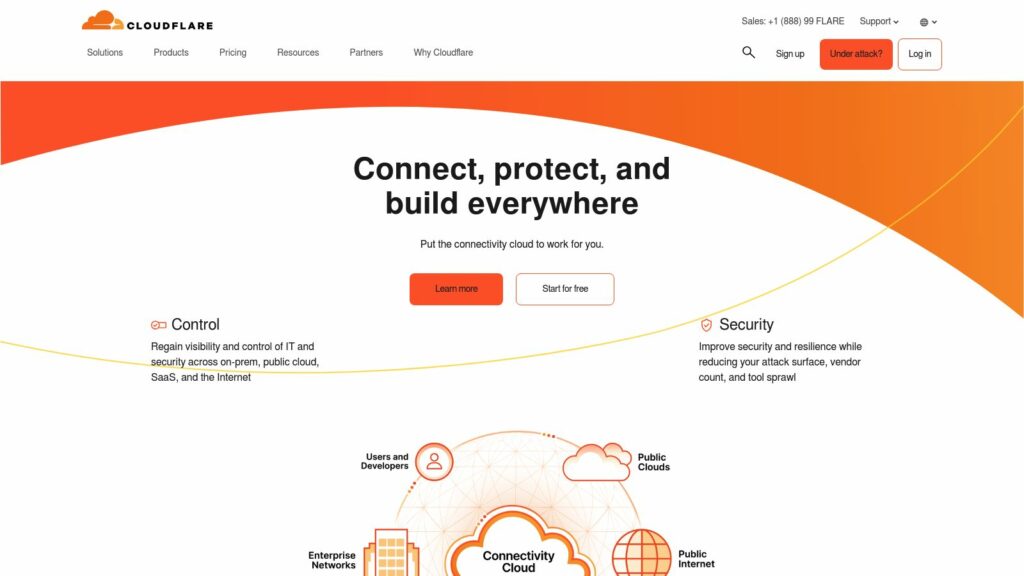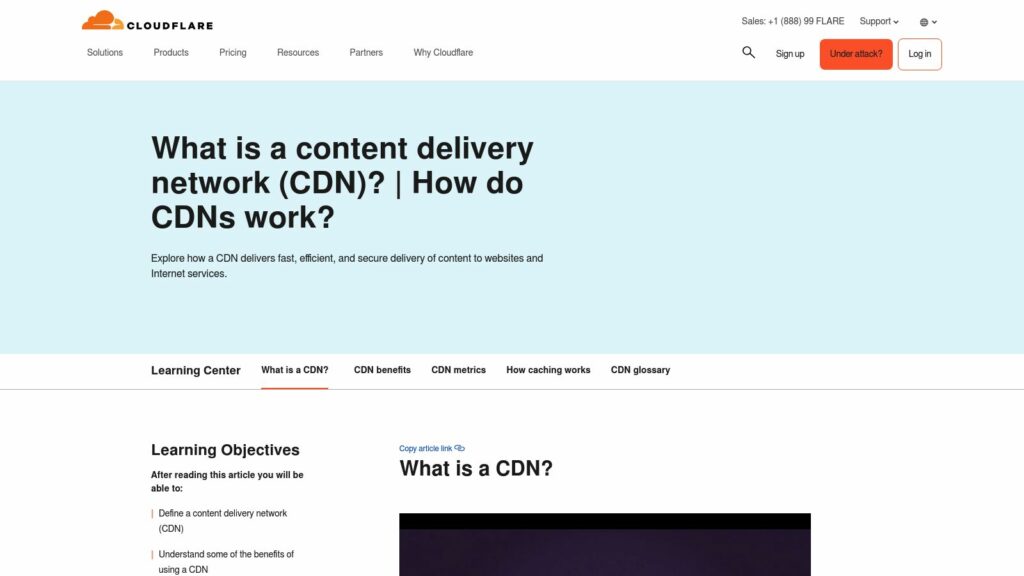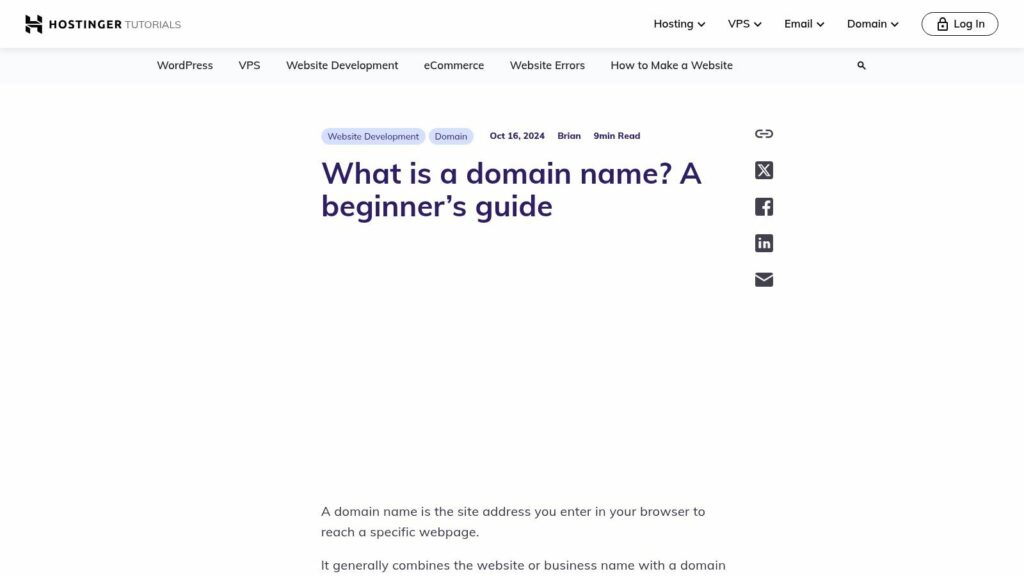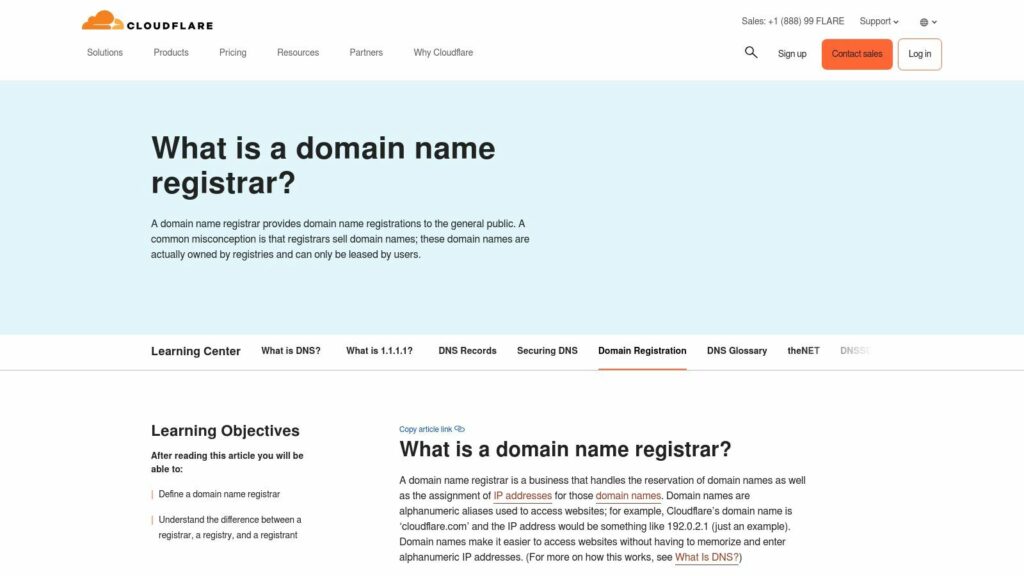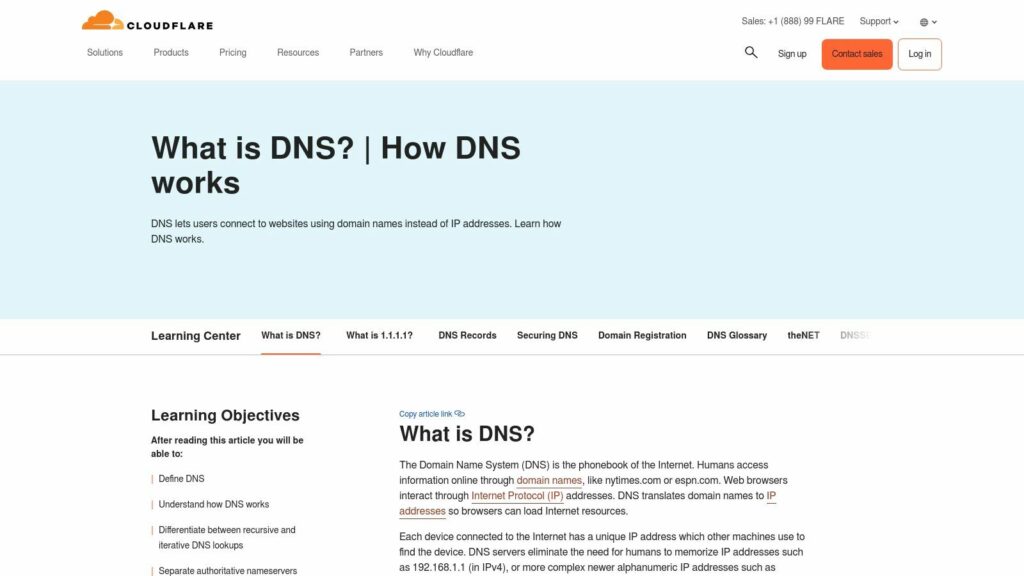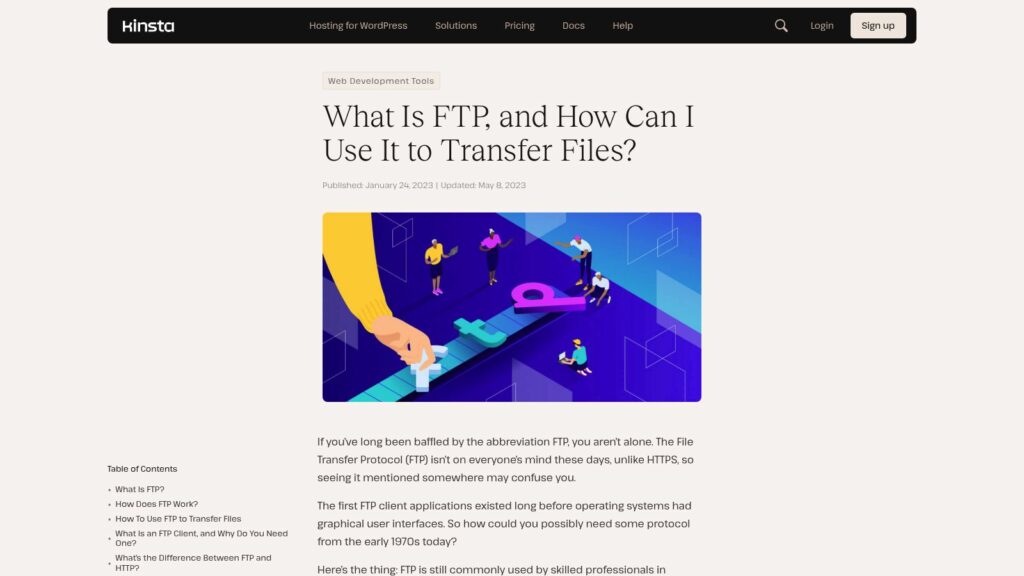FTP Overview: File Transfer Protocol (FTP) facilitates file transfers between servers and clients. Initially developed in the 1970s, it remains relevant for managing websites effectively. FTP operates via a client-server model, using separate control and data connections. Access requires authentication, and it supports various methods for transferring files, including dedicated FTP clients and web browsers.
Comparison with Other Protocols: FTP differs from HTTP's purpose (file transfer vs. web data) and security features; it's less secure than HTTP and SFTP. SFTP and FTPS offer encrypted file transfers, addressing FTP's security limitations.
Pros and Cons: FTP is user-friendly for transferring large files but lacks encryption, making it susceptible to interception. Everyday use cases include bulk file transfers, server interactions, and website management.
Conclusion: Despite its age, FTP is still a vital tool for file management, especially for web development. Many FTP clients support it for enhanced functionality and security.
https://kinsta.com/knowledgebase/what-is-ftp/
